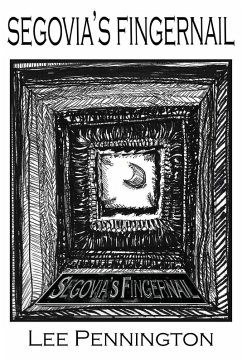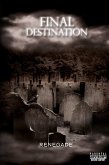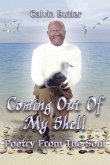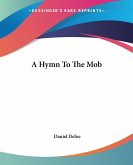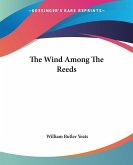When Lee Pennington transferred to Berea College in the spring of 1958, the second semester freshman was immediately was named news editor of the Pinnacle, the student newspaper. With way more naiveté than he needed, he was asked to go to Boone Tavern and interview a musician who was going to give a concert at the college. Here is what Lee remembers about the moment. Having grown up in the head of a holler in Greenup County, KY and what I knew about the world probably would have fit fairly easily in our water bucket. I had never heard of Andre Segovia and simply had no idea he was already recognized, even in the fifties, as the world's greatest guitarist. He invited me in and for the next 4 hours politely answered all my questions and even permitted this mountain boy an indiscretion I cannot imagine now, and even to this day, I carry some embarrassment when I think about it. On the floor, in an open case, was one of the two hand-made guitars that had been made exclusively for Segovia in Spain. I looked at Segovia and asked, "Would you mind if I play your guitar?" I even cringe now, these 61 years later, of having asked that question. This gracious gentleman, without any hesitation, said, "Go ahead." I am certain, or fairly certain anyway, that it was the only time that "Wildwood Flower" was ever played on Andre Segoiva's guitar! What I am even more certain of is that this mountain boy stood before a musical genius and received an act of kindness when that boy's own innocence opened the moment to such an unexpected gift. At Berea College, when Segovia performed in the Phelps Stokes Chapel, we students paid 35 cents to hear him. It was the most amazing concert I have ever witnessed. With his guitar on his lap, and to a standing room only crowd in Phelps Stokes with no amplification whatsoever, Segovia held us spell bound for a very long concert-well over two hours. As I remember, there were nine standing ovation encores. The memory of my encounter with Segovia was indelible. Years later, I was thinking about that concert-what it meant to music, what it meant to art in general, what it meant to all of us, I came up with the idea for the poem "Segovia's Fingernail." I wanted to tell about two kinds of people-one who was totally immersed in art, and another who merely wanted to be seen at artsy things. Then the idea grew. Thus, Segovia's Fingernail, the book, was born.
Hinweis: Dieser Artikel kann nur an eine deutsche Lieferadresse ausgeliefert werden.
Hinweis: Dieser Artikel kann nur an eine deutsche Lieferadresse ausgeliefert werden.

